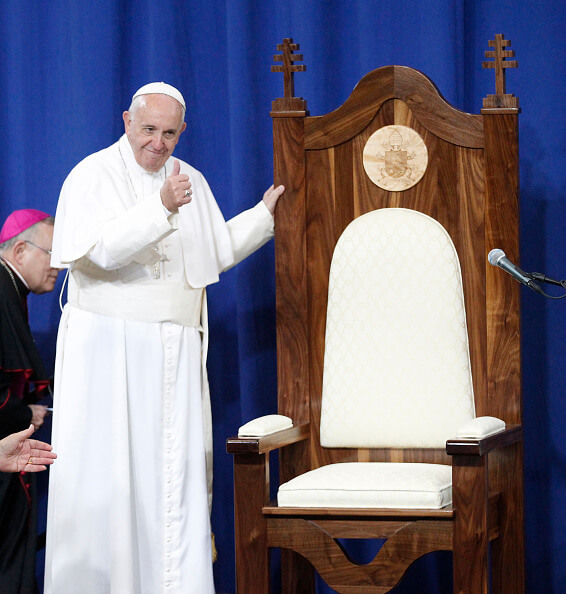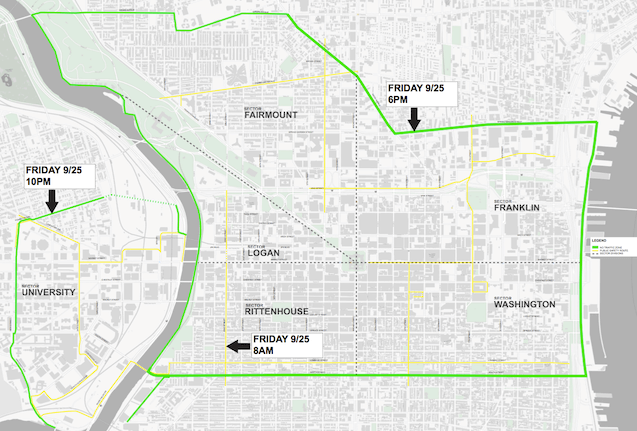The city’s fiscal watchdog has set it sights on what some might consider an undeserving target — the vocational training program for inmates at city jails.
City Controller Alan Butkovitz released an audit this week of PHILACOR, the program behind furniture-making, textiles, dry cleaning and culinary training programs at the Philadelphia Prison Systems, which found the program cost $365,000 more than it made over three years—hardly a devastating gap in the world of government budgets. Pope Francis famously sat in a chair made for him by Inmates in the furniture shop when he visited Curran-Fromhold Correctional Facility in September during the World Meeting of Families.
RELATED:Atheists not pleased with inmates’ ‘Pope chair’ project But Butkovitz insists he’s not targeting the inmates —just the way the program’s money is managed.
“We’re not bashing the program,”Butkovitz told Metro. “It’s not the inmates, it’s the city staff that manages the funds. It’s not a shot at the work that’s being done or the program.” Between 2012 and 2014, the program’s costs were nearly $3 million, but had revenues just under $2.6 million, according to Butkovitz’ audit.
While PHILACOR is not designed to be profitable, it is meant to be self-sustaining —and with better mangement could cost taxpayers less, Butkovitz said.
According to his audit, furniture made by inmates, which is sold at discount rates to city agencies, is not priced according to cost-profit margin analysis.
RELATED:Staff, inmates jubilant over Pope visit to city jail “There’s no point in teaching them how to go bankrupt. This is part of teaching them to do business,” Butkovitz said.
The audit also found that prison tokens, a form of currency used at PHILACOR’s dry cleaning and culinary shop are often not collected for intervals ranging from 30 to as long as 100 days.
“This is a routine observation that we make of city government,” Butkovitz said. “It’s very common for real estate or water payments to languish on somebody’s desk for months.”
Philadelphia Prison System spokeswoman Shawn Hawes said PHILACOR is already looking into implementing recommendations from Butkovitz’ office.
“At the request of the Phila. Prison System, an audit was completed by the Controller’s Office of our PHILACOR inmate training program,” Hawes said in an email. “The audit has determined that additional managerial oversight, improved billing procedures and strengthened staff training would ensure the success of the program.”
City controller questions finances of prison program behind the Pope chair

Charles Fox/Philadelphia Inquirer/TNS via Getty Images































